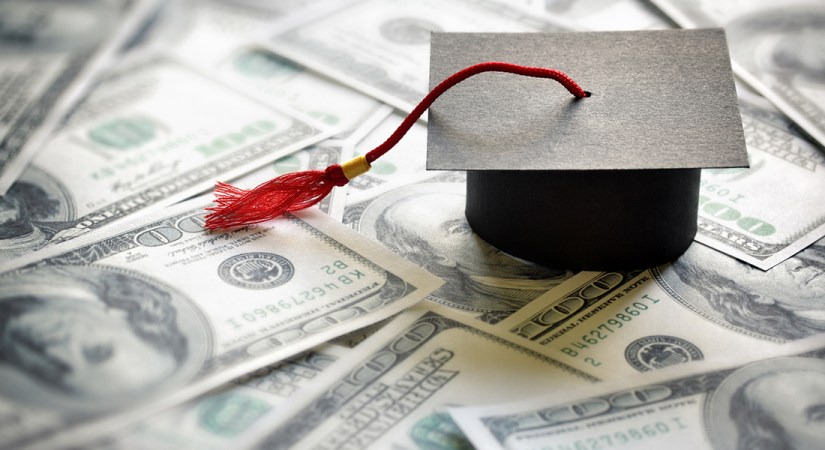Take a look at the recent headlines in the news about a student loan debt crisis. Many politicians are talking about what to do with an overwhelming amount of student loan debt, which now totals over $1.5 trillion. Nationally, student loan indebtedness is second behind home mortgages in outstanding consumer debt, ahead of installment car loans and credit cards.
Student Loan Defaults
The increase in the dollar amount of student loans owed shouldn’t sound alarms, however debts that go unpaid should. Reports suggest that more borrowers with large balances won’t repay all of their student loans. When you’re in default on a student loan, you also start to encounter serious consequences:
Wages earned are subject to garnishment
Federal payments due you, including tax refunds and other benefit payments, can be retained and used to pay down your student loan debt;
You can no longer receive deferments or forbearances;
You can no longer receive any Federal student aid;
Credit bureaus receive notice of defaults; and
Your loan holder can take you to court.
Responsible Student Loan Borrowing
There are several established rules of thumb for borrowing responsibly:
Total student loan debt at graduation should be no more than the borrower’s annual starting salary;
Live like a student while you are in school, so you don’t have to live like a student after you graduate;
Before using student loan money to buy anything, ask whether it would be worthwhile at twice the price;
Don’t treat loan limits as targets; and
Devote 10 percent of monthly income to repaying student loan debt.
Avoid Defaulting on Student Loans
A large percentage of defaults on student loans comes from students who borrow and do not complete their degrees. Many attend for-profit schools that more or less exist to collect student loan-funded tuition and do not provide much useful education in exchange. Take these initial steps to avoid defaulting on your student loans. If you think you may have trouble making a student loan payment, call your loan provider, and:
Take advantage of options: Ask about an income-driven or an income-based repayment plan. If your account goes into default, you may lose these options, and others, including forbearance and deferment.
Document and communicate changes in earnings or expenses: To qualify for income-driven or income-based repayment programs as well as forbearance or a deferment, you’ll be asked to provide documentation about your current financial situation.
Consider refinancing if your payments are too high: If you have recurring issues with making student loan payments, then consider refinancing and consolidation options or other possible ways to reduce your monthly payments.
Locally, the possibilities for dealing with other debt problems while maintaining current payments on student loan obligations are increasing within chapter 13 bankruptcies. You may now be able to keep your existing income-driven and income-based student loan repayment plans or start new ones while in chapter 13.
If you have concerns or questions about student loans, don’t wait to start looking for help. Contact our office for more information.



